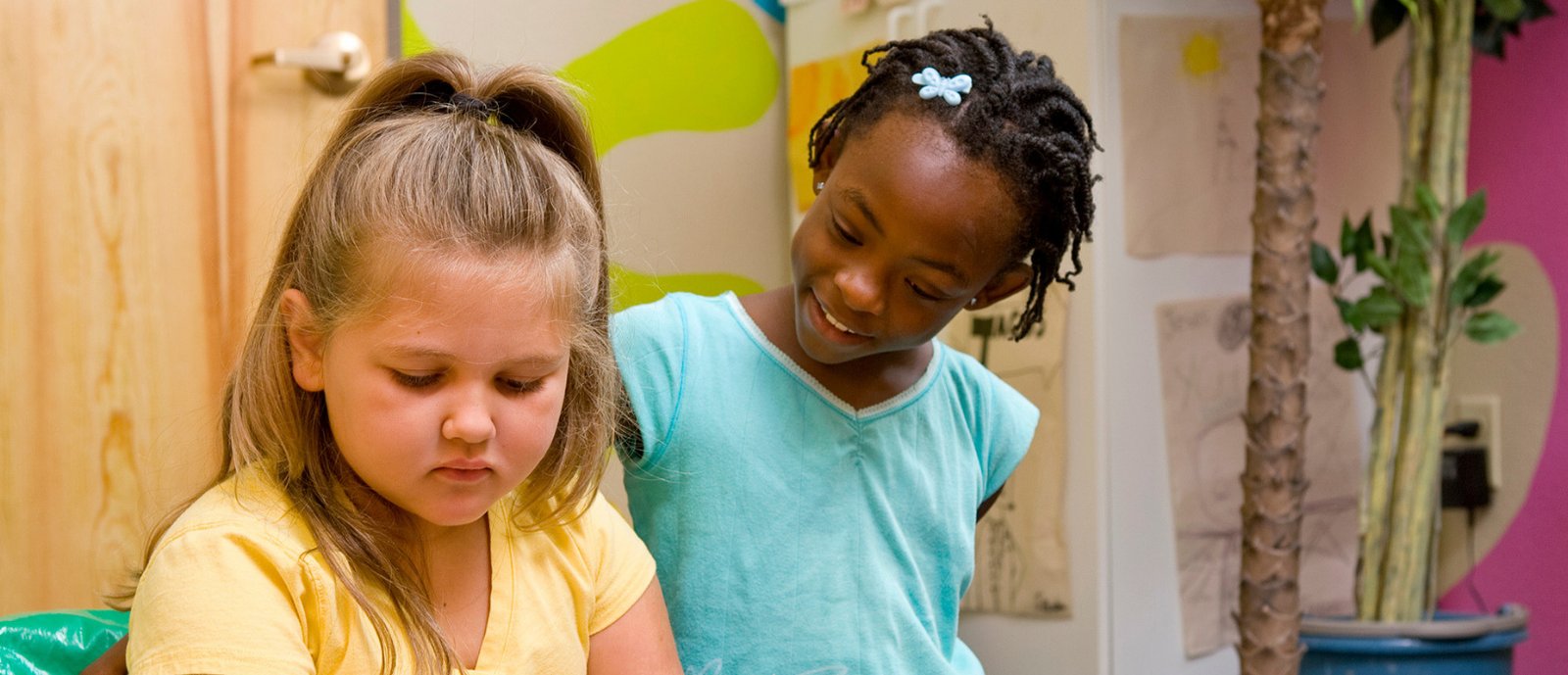[ad_1]
Ever wonder what the siblings of children with disabilities are thinking and feeling? Here are 5 inner thoughts—in their words—they wish you knew.
The hit song from the late 1960s describes feelings many children whose siblings have disabilities can relate to:
“The road is long with many a winding turn, that leads us to who knows where, who knows when. But I’m strong—strong enough to carry him. He ain’t heavy—he’s my brother.”
Siblings Speak
While some children in families impacted by disabilities seem to cope and interact well, others may feel withdrawn, angry, or misunderstood. Consider some of their real, unedited thoughts about life with a sibling with a disability.
- “Autism took my life away because after school the rest of the day we had to deal with my brother.” (Boy, age 12)
- “I kept asking my parents over and over why my sister isn’t normal.” (Girl, age 5)
- “My parents want me to see it from their point of view, but sometimes I want someone to see it from my point of view and what I’m going through.” (Boy, age 10)
- “If someone makes fun of my brother, I want to protect him. But I can’t so I usually just end up crying.” (Girl, age 6)
- “Every birthday I wish that my brother would be normal.” (Girl, age 4)
Ministries Respond
But there’s good news: Your church can be the support and encouragement these siblings need. Here’s how.
- Communicate that your church supports siblings’ unique family roles. Affirm kids when you see them putting their siblings first. Encourage them when they’re struggling.
- Sponsor programs such as respite care. Providing respite care for kids with disabilities can give siblings the opportunity for some much needed one-on-one time with parents.
- Support siblings through “sib” workshops and family retreats. Include time where kids can express joys, concerns, and how they handle tough situations. Disability Advocate Debbie Lillo helps churches start programs for people with disabilities. “Kids need help understanding their siblings’ disabilities and learning not to be embarrassed by them,” says Lillo. “They also must have time to focus on their own needs without feeling guilty.”
We have the chance to show Jesus as we carry these families as he does. And they’re not heavy—they’re family!
Want more articles regarding children with disabilities? Check out these posts!
© Group Publishing, Inc. All rights reserved. No unauthorized use or duplication permitted.
[ad_2]
Source link






You must be logged in to post a comment.